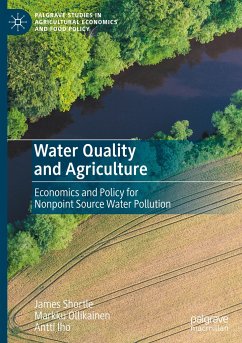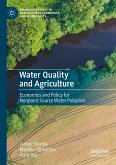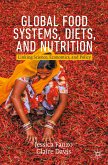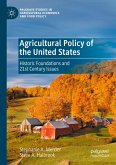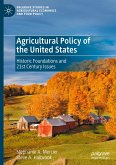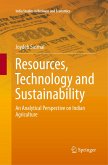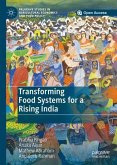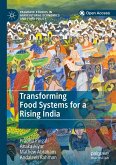Water pollution control has been a top environmental policy priority of the world's most developed countries for decades, and the focus of significant regulation and public and private spending. Yet, significant water quality problems remain, and trends for some pollutants are in the wrong direction. This book addresses the economics of water pollution control and water pollution control policy in agriculture, with an aim towards providing students, environmental policy analysts, and other environmental professionals with economic concepts and tools essential to understanding the problem and crafting solutions that can be effective and efficient. The book will also examine existing policies and proposed reforms in the developed world. Although this book addresses and has a general applicability to major water pollutants from agriculture (e.g., pesticides, pharmaceuticals, sediments, nutrients), it will focus on the sediment and nutrient pollution problem. The economic and scientific foundations for pollution management are best developed for these pollutants, and they are currently the top priorities of policy makers. Accordingly, the authors provide both highly salient and informative cases for developing concepts and methods of general applicability, with high profile examples such as the Chesapeake Bay, Lake Erie, and the Gulf of Mexico Dead Zone in the US; the Baltic Sea in Northern Europe; and Lake Taupo in New Zealand.

